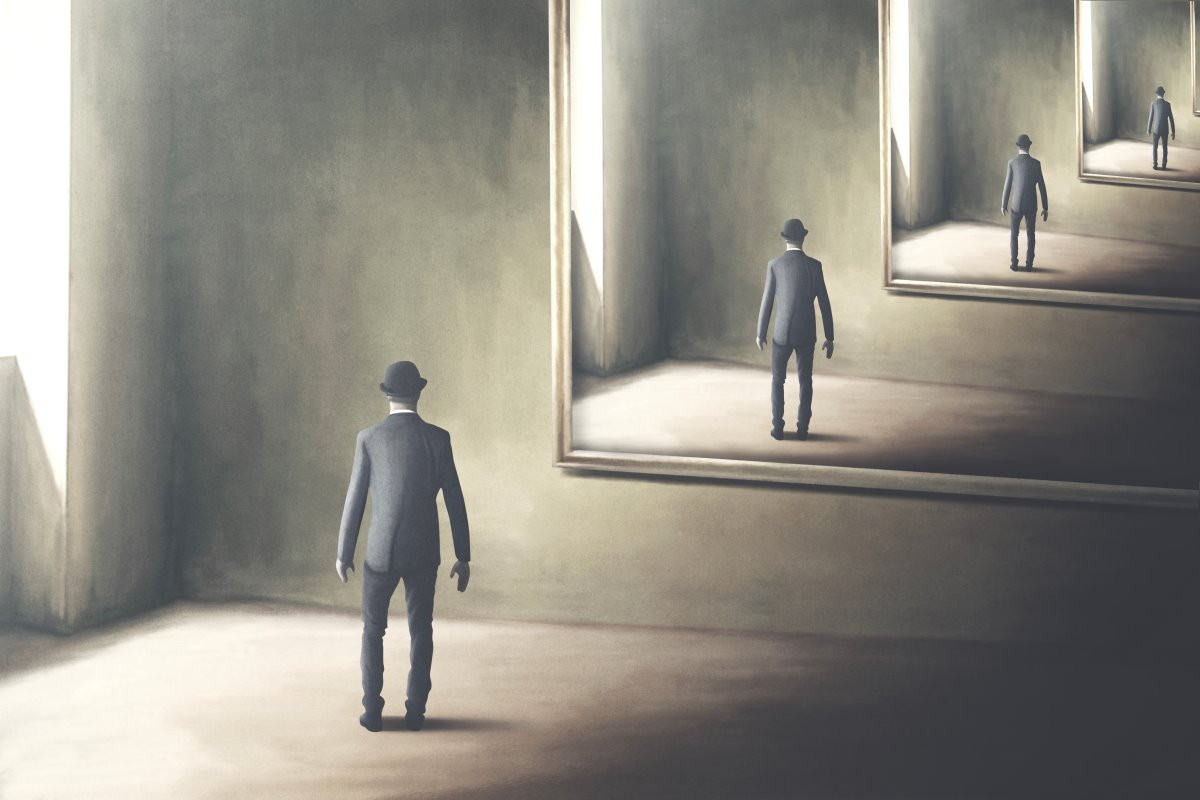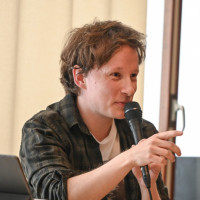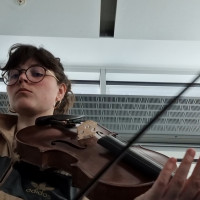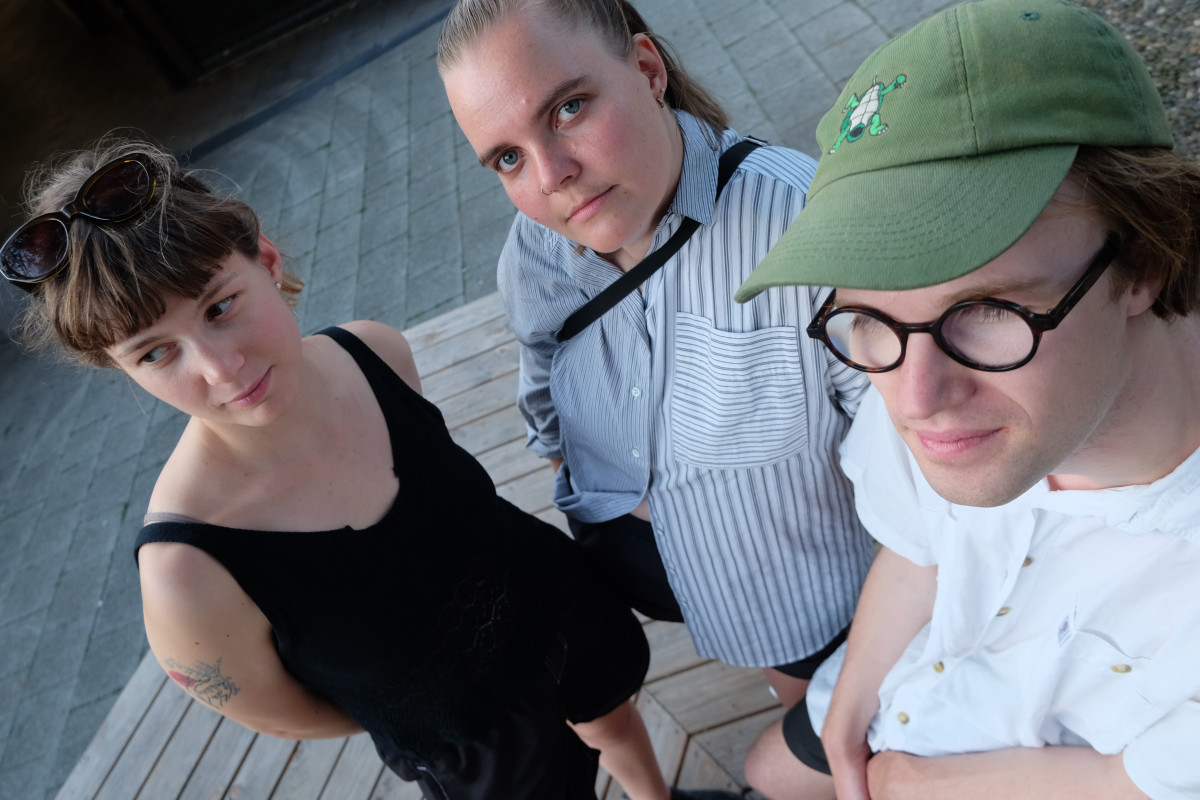De to violiner i Frej Wedlunds skrøbeligt langsomme Morning Lights er på randen af slet ikke at eksistere. Sammen tøver de fra start til slut, mens de sniger sig ind på en fælles tone og sender små lyn ud fra den i hver sin retning. Som et vindpust er værket pludselig forbi; måske har det efterladt kimen til noget større.
I Zechen Hus klavertrio Qin Xiang ligger noget også og ulmer. Pianisten hamrer undervejs i flyglet. I frustration? Over sine arkaisk drømmende skalaløb, over de romantiske impulser? Jeg fornemmer en lille modstand, der kan vokse til monsterstørrelse.
Anderledes velvoksen virker Philip Clarkes Spejlkvartet. Mørke bølger, der rejser sig fra celloen og forplanter sig langt op gennem strygekvartettens palet. En moden elegance, der står sig godt til de humørfyldte melodilinjer. Ingen tvivl om håndværkets niveau og evnen til at strukturere et langt forløb. Friskfyragtigt kunne jeg måske – hvis jeg lige ignorerer, at jeg ret godt kan lide værket – spørge: Men er det ikke for meget pastiche, for meget bakspejl, ikke mindst med den guldalderagtige afslutning?
Let er det ikke at følge op på et sådant epos. Det lykkes nu alligevel ret godt med Emil Johanssons korte, friskt boblende Cinq Ventilateurs for blæserkvintet, et velinstrumenteret humørstykke. Imens kan man sidde og spekulere over festivalen indtil nu. Det virker som en evighed siden, at Jeppe Ernst, Bára Gísladóttir, James Black og Marcela Lucatelli vendte vrangen ud på Pulsar. Men der er måske også nogle andre ting i spil nu, noget med en ny konstruktivitet og, tja, en forsigtighed, som ikke er uden potentiale.
Lasse Winterbottoms alvorsdrømmende Earwig, Twig, Jig and Whirligig for fløjte, klaver, bratsch og kontrabas slutter sig til det velskrevne, men også lidt høflige. Omvendt er der masser af musikdramatisk udforskning og dramaturgi i Matias Vestergårds firdelte My Hope Is Decayed for klarinet, slagtøj og klaver med værkets små musikalske samtaler.
Og så en enkelhed i vippefigurerne og de langsomt tegnede linjer i Evagoras Solias Apokidis’ afsluttende Less for to celloer, som udvikler sig til en voldsom tonejagt og sætter det punktum, Wedlunds indledning kastede op i luften.









